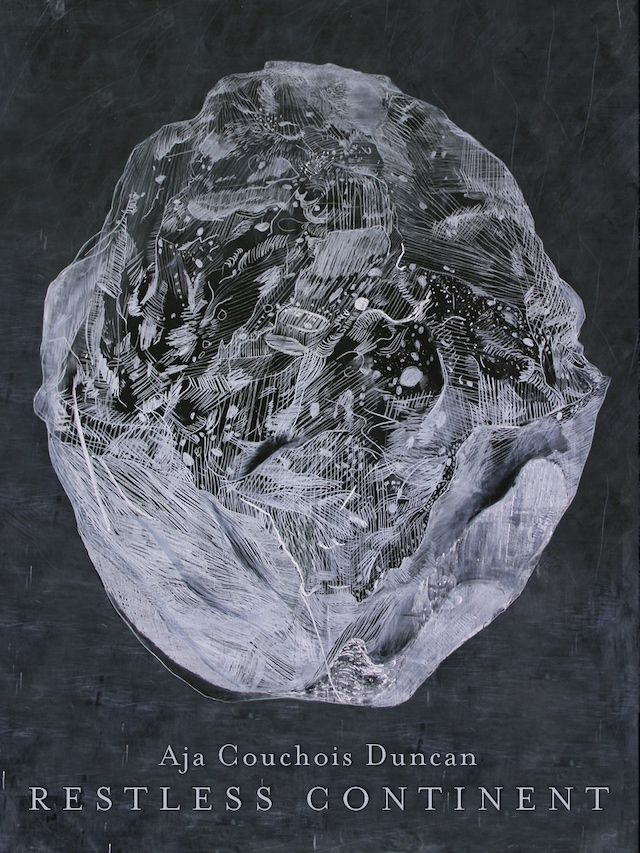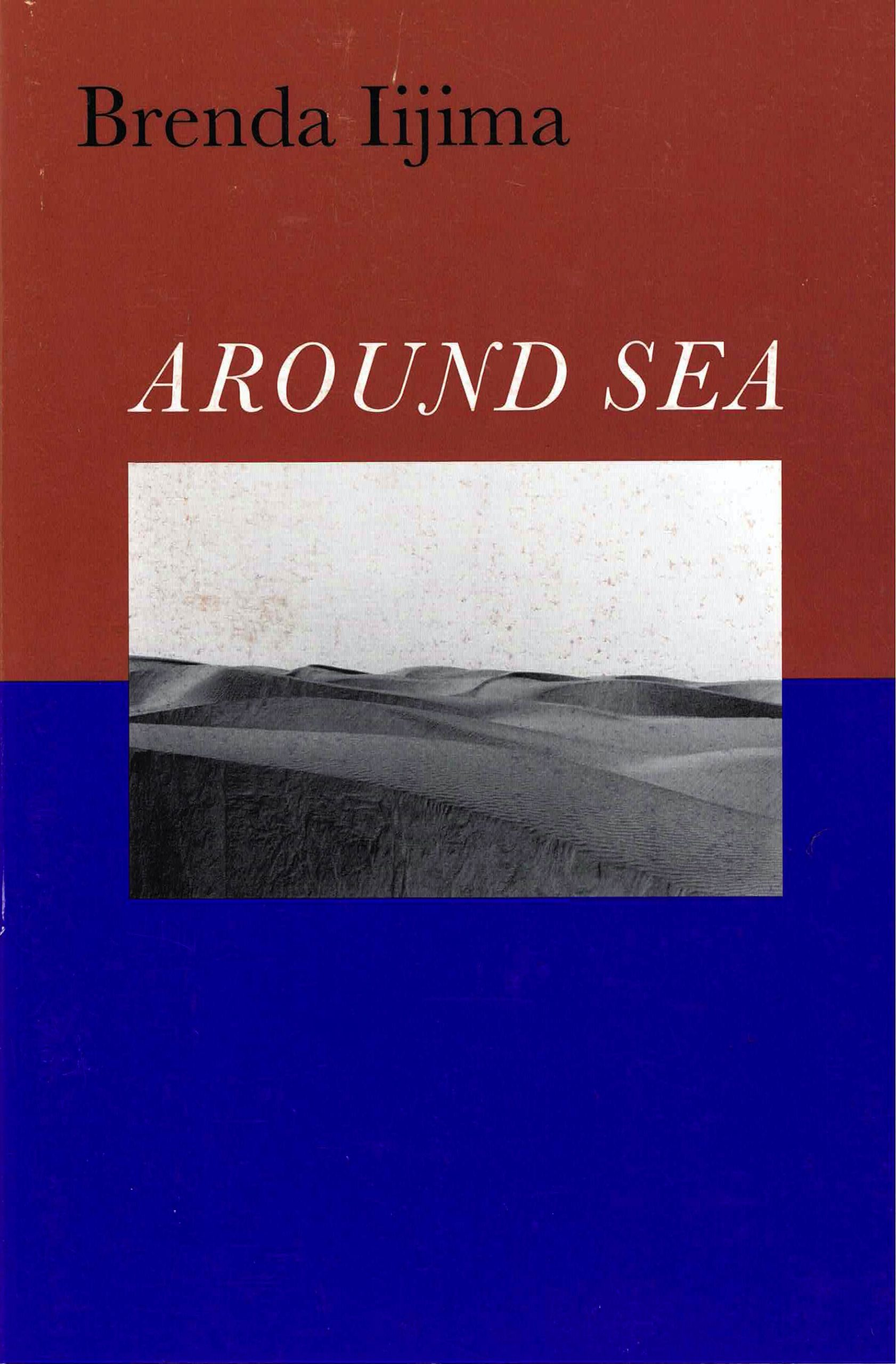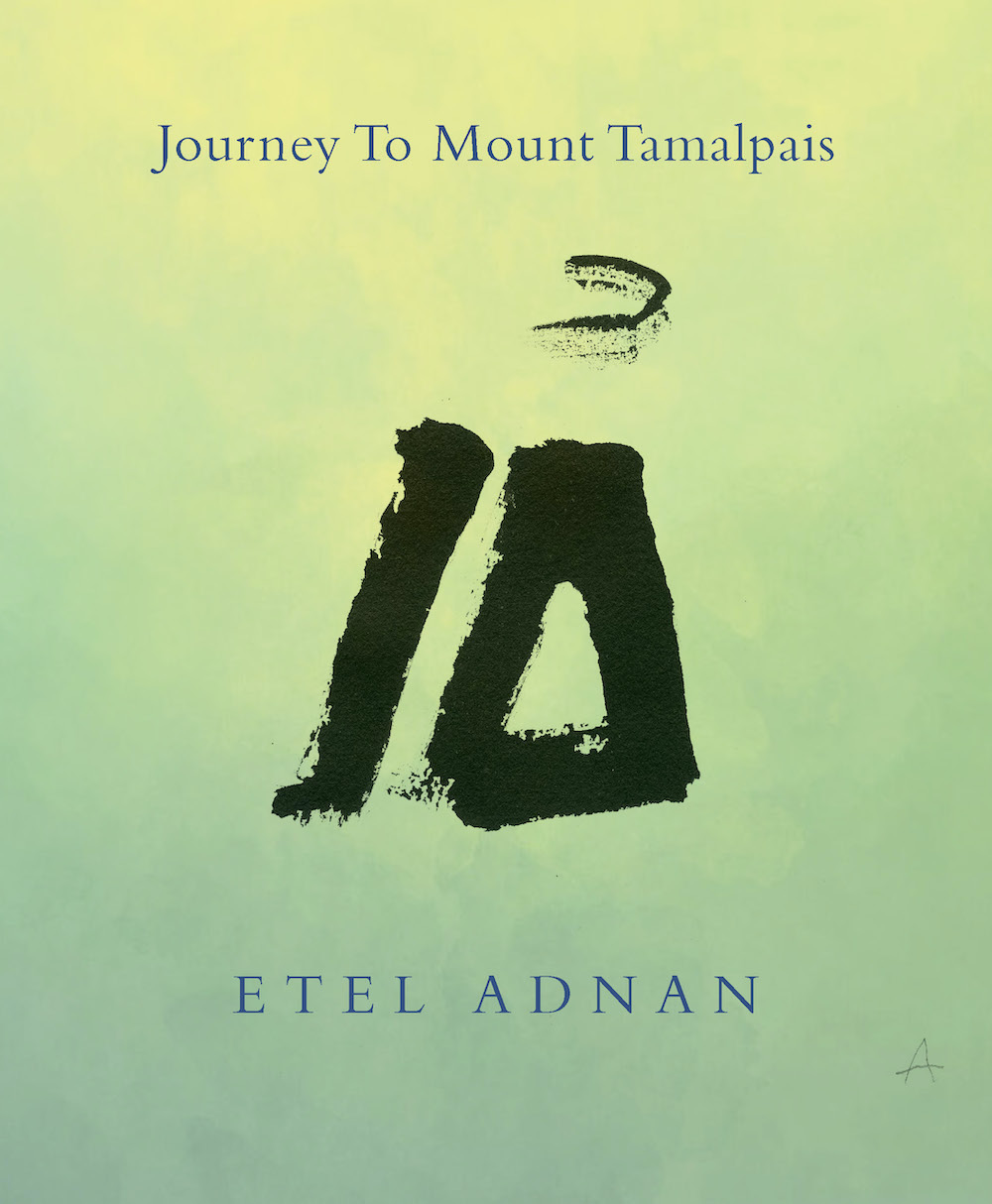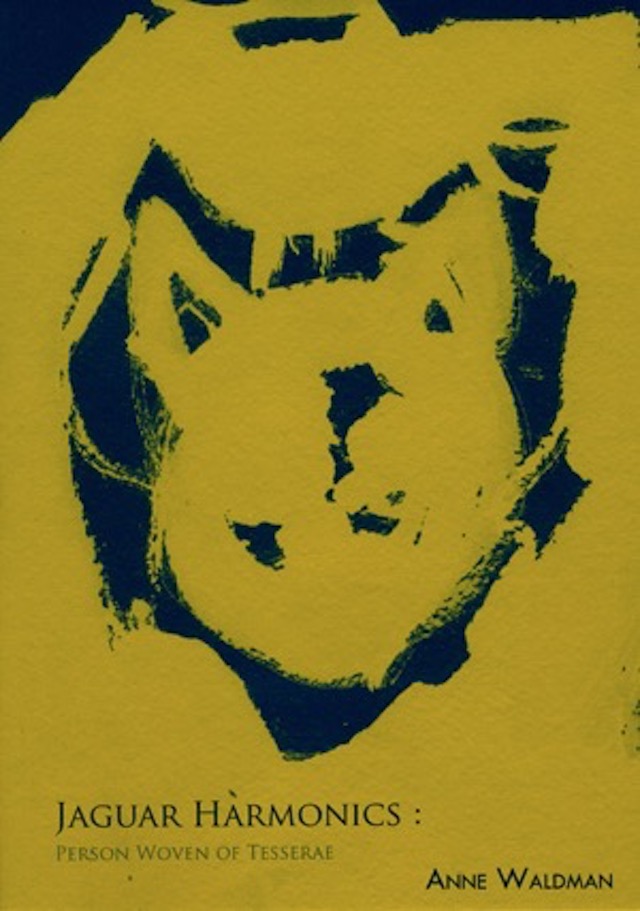Winner of the Gold Medal for the 2017 California Book Award in Poetry
Lush with elemental imagery, Aja Couchois Duncan’s Restless Continent communes with a North America that speaks elegiac, celebratory, and melancholic histories human and geological. In this collection, the body of that land and those histories fuses with the body of Duncan’s language, the body of memory, and the physical body. Intertwining English with Ojibwe, this debut collection of poems ominously hails and holds us in its ethereal sound, bearing sharp witness to the ruptures perpetuated by the violences of humanity—bodies and lands colonizing and colonized, naming and othering, stamping life into disappearance—while inviting us to forge with Duncan the mythologies that suffuse her poems with crystalline grace and gratitude.
Aja Couchois Duncan
Praise for Restless Continent
“The first thing to grow isn’t always pretty,” writes Aja Couchois Duncan, but the teeth of survival go for exquisite jugulars in this debut collection: images of oceans below our skins, deserts swimming in desire, and always, always, a vast and frightening hunger. These poems hiss with life, the sharp edge of alphabets that won’t be tamed. My heart almost can’t bear such precision; Duncan’s split tongue pierces the page. Such gratitude is a stunning gift.
— Debra A. Miranda
In Aja Couchois Duncan’s quest to re-envision a living mythology that gives body and voice to those vital presences that have long haunted the margins of Western knowledge and experience, we, too, are given a chance to reformulate and reassert our relationship to ground, to wind, to language, which Duncan shows us—through a graceful and vigilant thinking line—are all one and the same. There is an intelligence here that I’ve been missing in contemporary poetry, one that writes into a we, an I, a you, a she, a he acutely aware that these categories are constantly re-directing themselves toward the unknown and are always only “a fraction of.” An extraordinary debut.
— Renee Gladman
In this collection Couchois Duncan carves, re-ignites and empties the notions of America, First Peoples, Time, Physical Evolution and, most critically, the core assumptions of Woman and Being. How do we know, “without the thread of history?” she asks. English / Ojibwe crash against each other and scatter the in-between explosions and exploitations, and usurpations—all of this damage and displacement forges and props to some degree an “extinct womb” where “god is not allowed.” Is “emergence,” birth, genealogy possible? This text is a mind devouring set to investigations—cast in a careful and precise aesthetic of line, stanza and framed silences on the page. One of Wittgenstein’s questions would apply here—How do I know I am touching my fingers? That is, How do I know I begin and where I end? What terms? Aja finds ways—an incredible and exacting tour de force!
— Juan Felipe Herrera
Restless Continent is a mesmerizing feast. Catastrophe and prophesy, the narrowing points of equilibrium, balance us within a rush of epic investigation in ethics—in everything. This stunning image-ridden verse heads full-on into a revelatory world “cleaved, split into spider’s back.” Here, with Aja Couchois Duncan’s searing poetic, we “swim into it.” There is a music here, somewhere between Dark Water Rising and Tanya Tagaq. Nothing like this. Alluring.
— Allison Adelle Hedge Coke





With its ecological questions, mixture of forms, glossary and poetry of Ojibwe terms, and beautiful prose poems that truly culminate the work, Duncan’s Restless Continent is a must-read.
— Dorothy Chan, Woodland Pattern Blog
In her “Notes on Nomenclature” Aja Couchois Duncan calls herself a “writer of apposition”; that is, a writer concerned with placing things side by side as opposed to one who adheres to hierarchies and exclusions. This care is present throughout Restless Continent, a debut collection that grapples with recuperation, inheritance, and quests for wholeness.
— Allison Noelle Connor, Full Stop